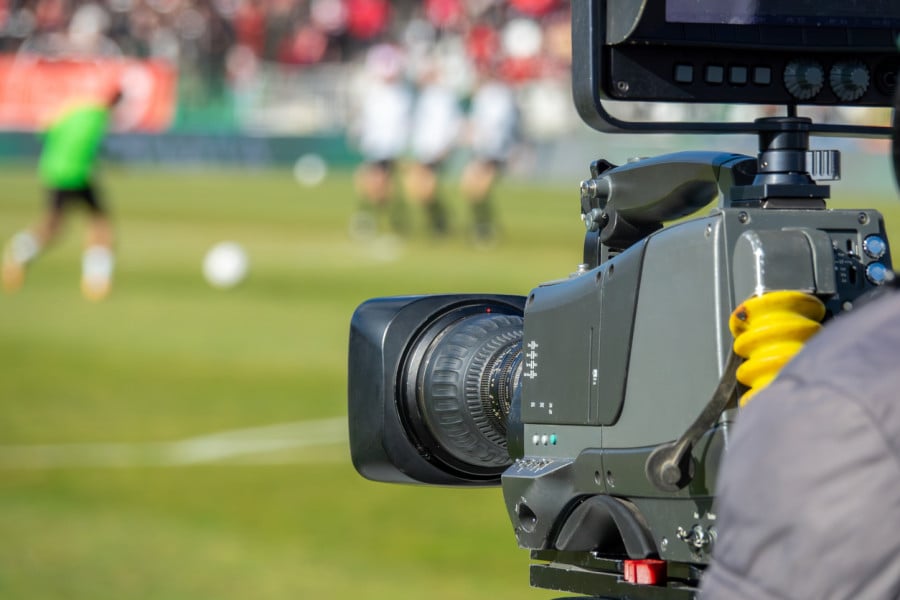Deal Or No Deal? WhatsApp, Emails & The Goalposts Of Contract Formation In The Context Of FIFA Club World Cup Broadcasting Rights

The Court of Appeal of England and Wales recently delivered an important judgment in DAZN Limited v Coupang Corp. [2025] EWCA Civ 1083[1], reminding us that legally binding contracts can arise through informal channels such as emails and messaging platforms like WhatsApp, even where no formal contract has been signed or even circulated.
This case, which concerned the sub-licensing of the broadcasting rights of the FIFA Club World Cup in South Korea, is a reminder for both commercial and legal teams, particularly for those operating within the entertainment and sports sector, of the risks (including legal, commercial and financial) of high value deals being negotiated at pace, through informal methods of communication.
The judgment confirms that the absence of a written contract does not prevent the finding that a legally binding agreement exists if the parties’ words and conduct objectively demonstrate an intention to be bound. The judgement is very useful to both commercial and in-house legal teams because of the below key lessons:
- Agreements reached via informal exchanges (e.g. WhatsApp messages, calls, or emails) including by non-legal teams may create legally enforceable contracts before a written contract is signed or shared.
- Whether an agreement has been reached depends on an objective assessment of the entire course of the parties’ conduct and communications.
- In fast-moving negotiations, the substance of the communications matters more than the exact wording, grammar, or phrasing of the exchanges, especially when they are not conducted by legal teams or where English is not the first language of the parties.
- To mitigate the risk of unintentionally being bound to a deal prematurely, clearly state during the course of negotiations that any agreement is “subject to contract” or contingent on final approvals being given (as this is more difficult when using informal channels like WhatsApp, use extra caution when discussing terms that could imply intent to be bound on such platforms).
- Where the parties agree on all the terms they regard as essential, absent clear wording to the contrary, the courts are likely to view the parties as having intended for their agreement to be legally enforceable, particularly where there is an urgent timescale to conclude the agreement. This applies even if other details are not yet agreed.
- Broadcasts provided through third-party platforms (e.g. on YouTube via a broadcasters’ own branded channel) are not necessarily regarded as equivalent to broadcasts provided via the rights-holder’s own platforms. Where the broadcasting rights are sub-licensed on a co-exclusive basis, unless an agreement expressly provides otherwise, a licensor should be wary of distributing the content on third-party platforms, especially if these are free to access.
Article Outline
- The story before kick-off: The background facts
- VAR review: The Court of Appeal's reasoning
- Escalation from WhatsApp to emails
- Agreement on essential terms
- Language of finality
- Subsequent conduct
- Urgency of the deal can signal intent
- Acknowledgement of enforceability
- Absence of “subject to contract” or equivalent
- Industry practice
- Injunction preventing DAZN from streaming on its YouTube channel
- Post-match analysis: Do we have a deal?
- Staying onside with contract law: Key takeaways and recommendations
To continue reading or watching login or register here
Already a member? Sign in
Get access to all of the expert analysis and commentary at LawInSport including articles, webinars, conference videos and podcast transcripts. Find out more here.
- Tags: Broadcasting | Contract Law | Dispute Resolution | Football | Media Rights | United Kingdom (UK)
Related Articles
- When do playing contracts become binding? Hopoate v Parramatta Eels
- How CAS deals with excessive contractual penalties in football
- The legality of fixed-term employment contracts in European professional football – The Müller case and beyond
- The concept of “good faith” in commercial contracts: what is it and when does it apply in the sports industry?
- Key Principles On Player Contracts From The Basketball Arbitral Tribunal (Part 1 – Formation)
- Unilateral extension options in football contracts: Are they valid and enforceable?
- FC Barcelona v UEFA: Guidance from CAS decision on accounting treatment of sale of media rights under UEFA’s financial regulations
- Sports & Media Rights – Annual Review 2024/25
Written by
James Cranston
Jamie Andrew
Jamie is a Senior Associate at Clifford Chance and advises clients across a range of sectors including technology, sport, private equity and financial services.
Anham Riasat
Julia Wisniewska
Julia is an Associate and a Disputes lawyer at Clifford Chance.






